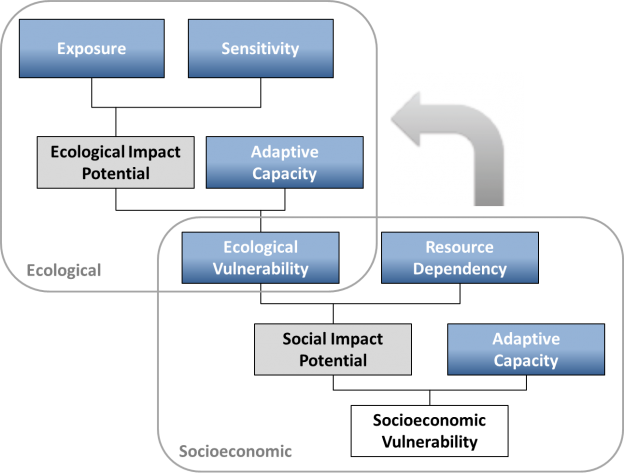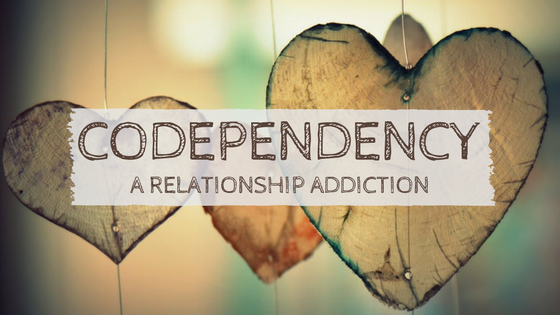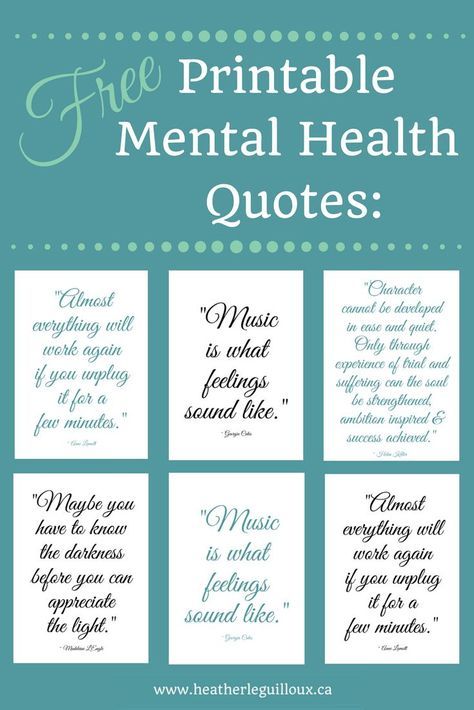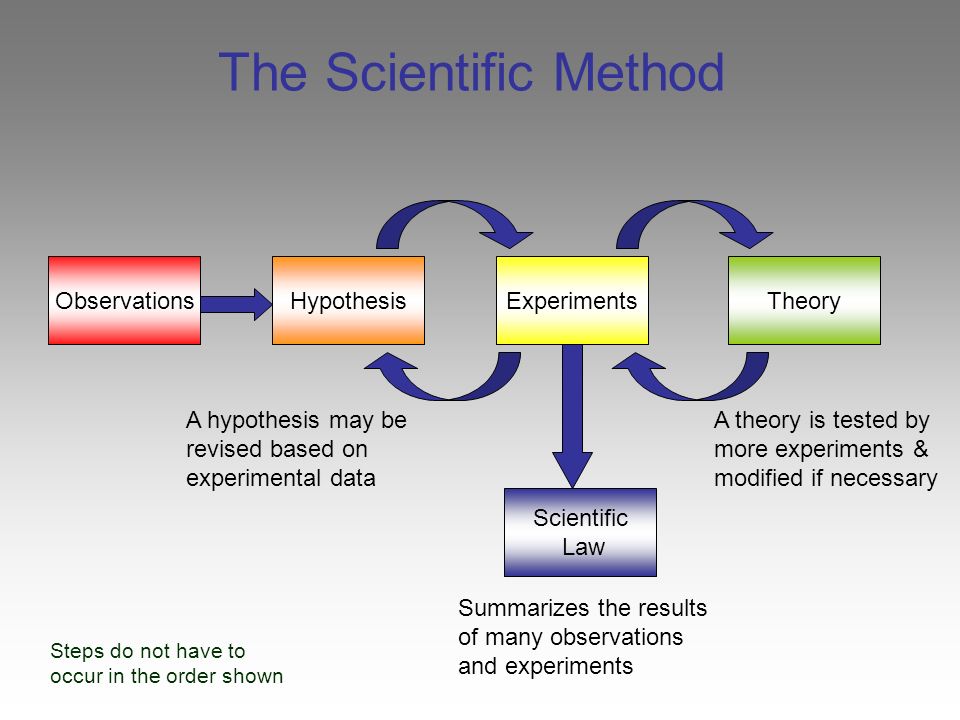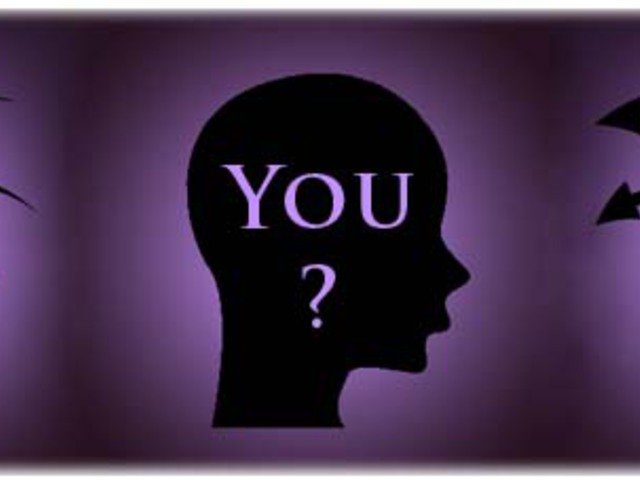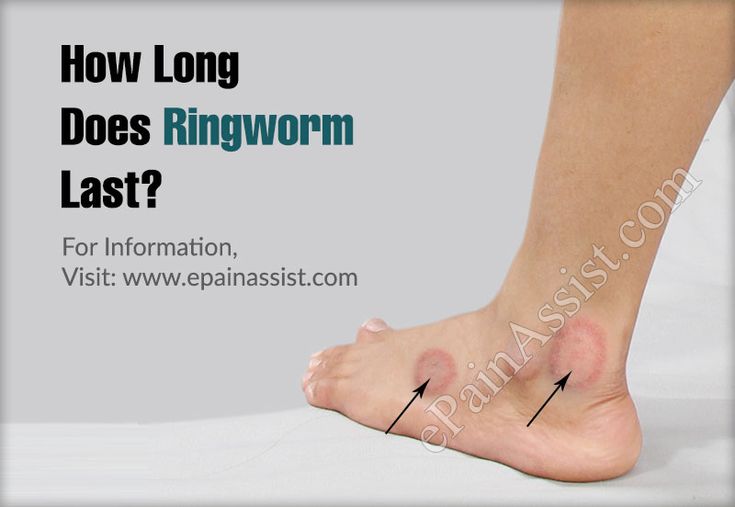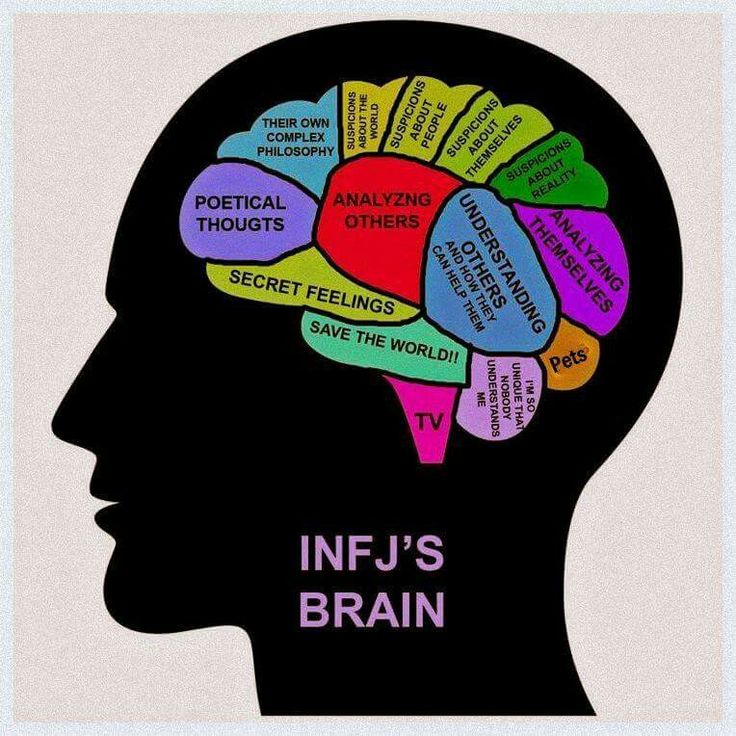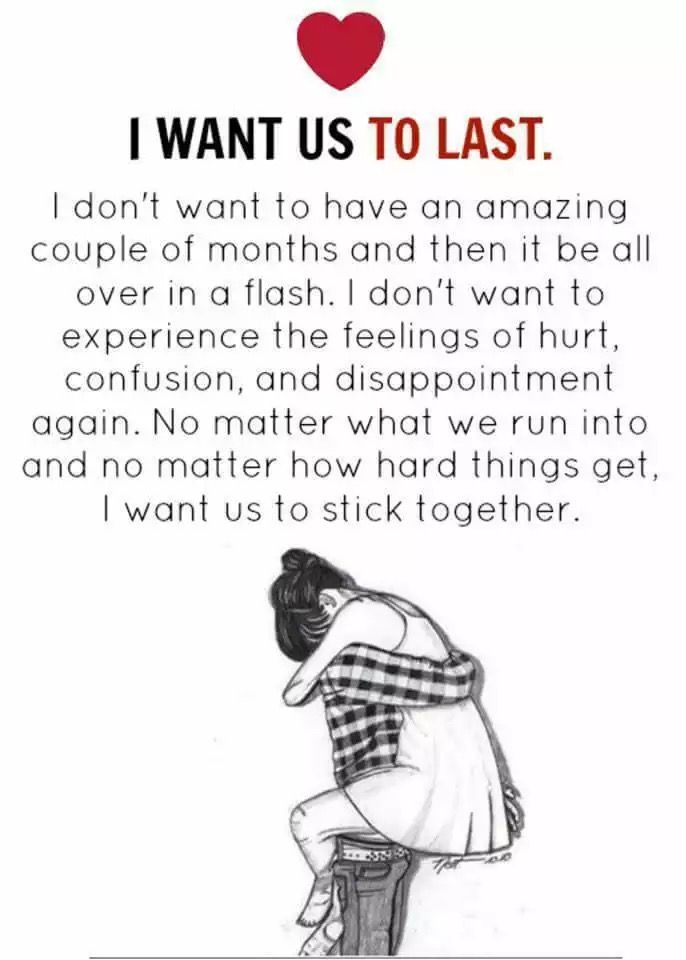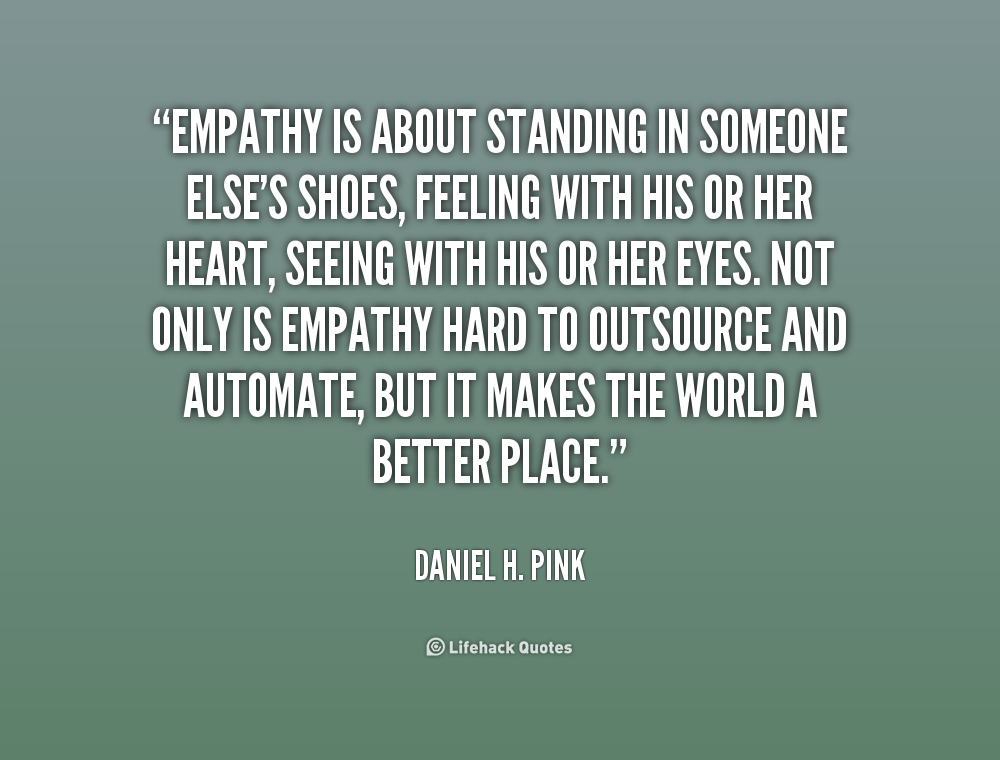Dependency and codependency
Symptoms, warning signs, and behavior
The term ‘codependency’ is often used casually to describe relationships where a person is needy, or dependent upon, another person.
There is much more to this term than everyday clinginess. Codependent relationships are far more extreme than this. A person who is codependent will plan their entire life around pleasing the other person, or the enabler.
In its simplest terms, a codependent relationship is when one partner needs the other partner, who in turn, needs to be needed. This circular relationship is the basis of what experts refer to when they describe the “cycle” of codependency.
The codependent’s self-esteem and self-worth will come only from sacrificing themselves for their partner, who is only too glad to receive their sacrifices.
Fast facts on codependency:
- Codependent relationships can be between friends, romantic partners, or family members.
- Often, the relationship includes emotional or physical abuse.
- Friends and family members of a codependent person may recognize that something is wrong.
- Like any mental or emotional health issue, treatment requires time and effort, as well as the help of a clinician.
It is important to know the difference between depending on another person — which can be a positive and desirable trait — and codependency, which is harmful.
The following are some examples that illustrate the difference:
Dependent: Two people rely on each other for support and love. Both find value in the relationship.
Codependent: The codependent person feels worthless unless they are needed by — and making drastic sacrifices for — the enabler. The enabler gets satisfaction from getting their every need met by the other person.
The codependent is only happy when making extreme sacrifices for their partner. They feel they must be needed by this other person to have any purpose.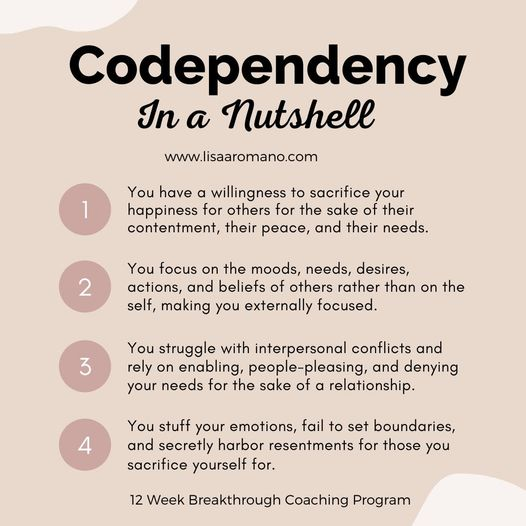
Dependent: Both parties make their relationship a priority, but can find joy in outside interests, other friends, and hobbies.
Codependent: The codependent has no personal identity, interests, or values outside of their codependent relationship.
Dependent: Both people can express their emotions and needs and find ways to make the relationship beneficial for both of them.
Codependent: One person feels that their desires and needs are unimportant and will not express them. They may have difficulty recognizing their own feelings or needs at all.
One or both parties can be codependent. A codependent person will neglect other important areas of their life to please their partner. Their extreme dedication to this one person may cause damage to:
- other relationships
- their career
- their everyday responsibilities
The enabler’s role is also dysfunctional. A person who relies upon a codependent does not learn how to have an equal, two-sided relationship and often comes to rely upon another person’s sacrifices and neediness.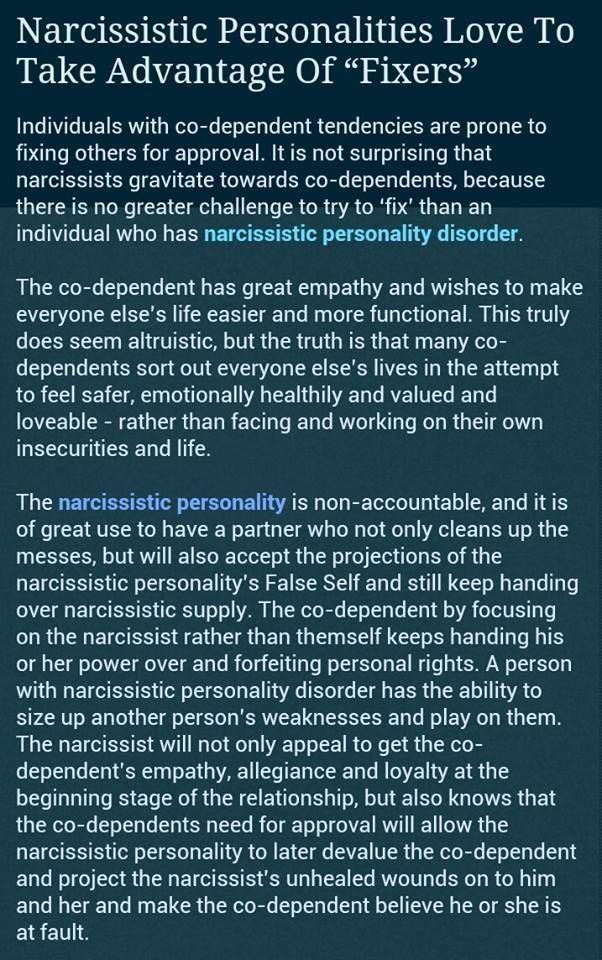
It can be hard to distinguish between a person who is codependent and one who is just clingy or very enamored with another person. But, a person who is codependent will usually:
- Find no satisfaction or happiness in life outside of doing things for the other person.
- Stay in the relationship even if they are aware that their partner does hurtful things.
- Do anything to please and satisfy their enabler no matter what the expense to themselves.
- Feel constant anxiety about their relationship due to their desire to always be making the other person happy.
- Use all their time and energy to give their partner everything they ask for.
- Feel guilty about thinking of themselves in the relationship and will not express any personal needs or desires.
- Ignore their own morals or conscience to do what the other person wants.
Other people may try to talk to the codependent about their concerns. But even if others suggest that the person is too dependent, a person in a codependent relationship will find it difficult to leave the relationship.
The codependent person will feel extreme conflict about separating themselves from the enabler because their own identity is centered upon sacrificing themselves for the other person.
Codependency is a learned behavior that usually stems from past behavioral patterns and emotional difficulties. It was once thought to be a result of living with an alcoholic parent.
Experts now say codependency can result from a range of situations.
Damaging parental relationships
Share on PinterestAlcohol, drugs, or other addictions are common factors that may lead parents to prioritise their needs over their children’s. This may cause the children to become codependent as adults.
People who are codependent as adults often had problems with their parental relationship as a child or teenager.
They may have been taught that their own needs were less important than their parents’ needs, or not important at all.
In these types of families, the child may be taught to focus on the parent’s needs and to never think of themselves.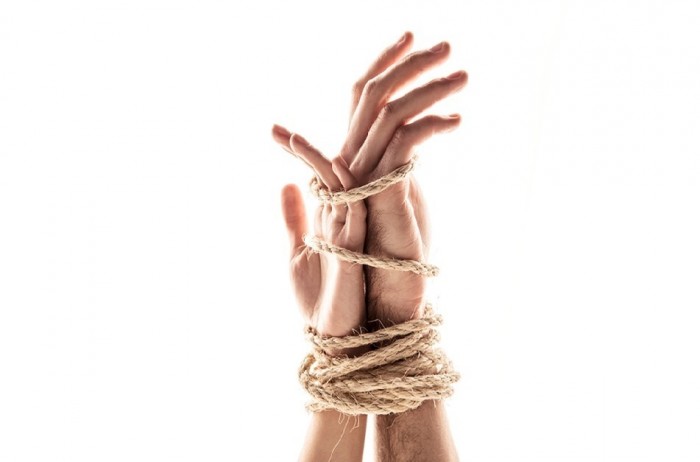
Needy parents may teach their children that children are selfish or greedy if they want anything for themselves.
As a result, the child learns to ignore their own needs and thinks only of what they can do for others at all times.
In these situations, one of the parents may have:
- an addiction problem with alcohol or drugs
- a lack of maturity and emotional development, resulting in their own self-centered needs
These situations cause gaps in emotional development in the child, leading them to seek out codependent relationships later.
Living with a mentally or physically ill family member
Codependency may also result from caring for a person who is chronically ill. Being in the role of caregiver, especially at a young age, may result in the young person neglecting their own needs and developing a habit of only helping others.
A person’s self-worth may form around being needed by another person and receiving nothing in return.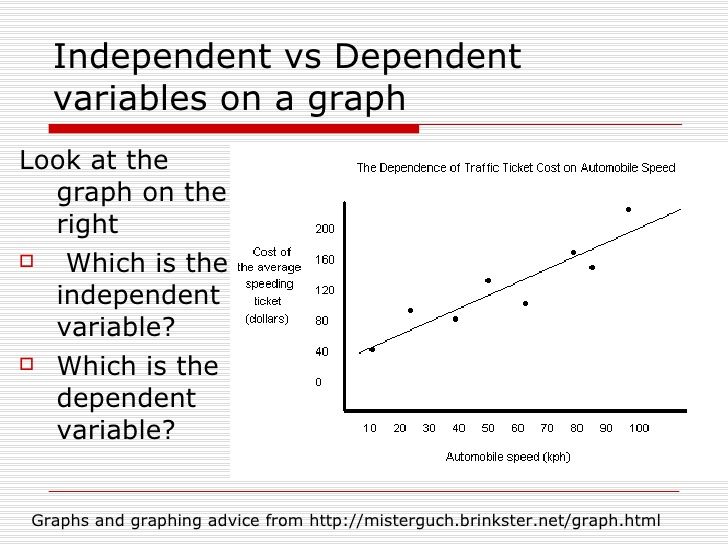
Many people who live with an ill family member do not develop codependency. But, it can happen in these types of family environments, particularly if the parent or primary caretaker in the family displays the dysfunctional behaviors listed above.
Abusive families
Physical, emotional, and sexual abuse can cause psychological problems that last years or even an entire lifetime. One of the many issues that can arise from past abuse is codependency.
A child or teenager who is abused will learn to repress their feelings as a defense mechanism against the pain of abuse. As an adult, this learned behavior results in caring only about another’s feelings and not acknowledging their own needs.
Sometimes a person who is abused will seek out abusive relationships later because they are only familiar with this type of relationship. This often manifests in codependent relationships.
Share on PinterestIndividual or group therapy may be more beneficial than couples therapy, since it encourages the person to explore their feelings and behaviours as an individual outside of the relationship.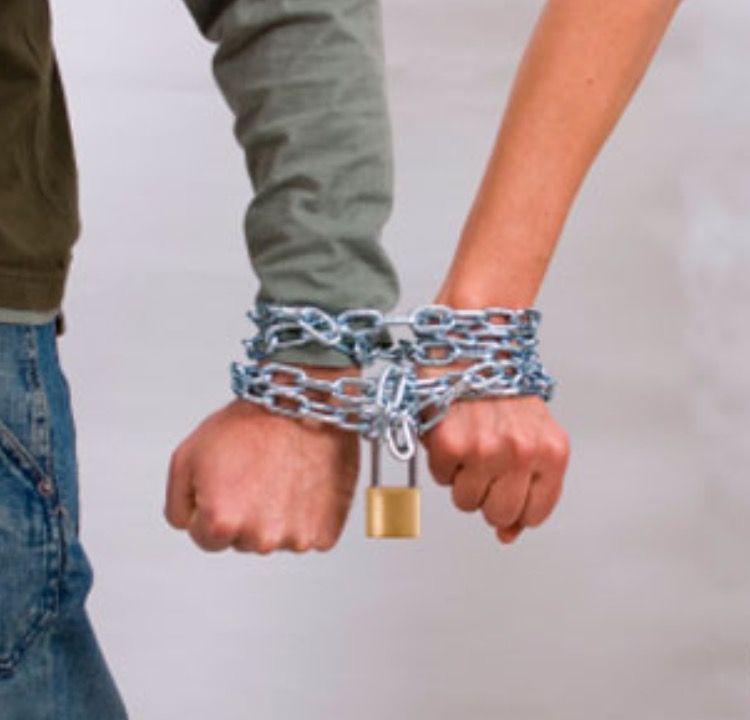
A few things can help toward forming a positive, balanced relationship:
- People in codependent relationships may need to take small steps toward some separation in the relationship. They may need to find a hobby or activity they enjoy outside of the relationship.
- A codependent person should try to spend time with supportive family members or friends.
- The enabler must decide that they are not helping their codependent partner by allowing them to make extreme sacrifices.
Individual or group therapy is very helpful for people who are in codependent relationships. An expert can help them find ways to acknowledge and express their feelings that may have been buried since childhood.
People who were abused will need to recognize past abuse and start to feel their own needs and emotions again.
Finally, both parties in a codependent relationship must learn to acknowledge specific patterns of behavior, such as “needing to be needed” and expecting the other person to center their life around them.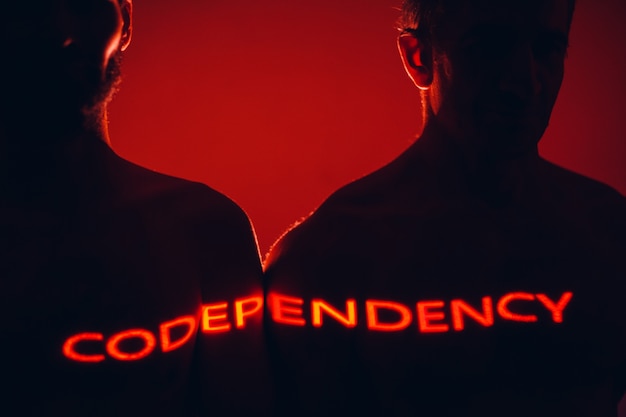
These steps are not easy to do but are well worth the effort to help both parties discover how to be in a balanced, two-sided relationship.
The Difference between Dependency and Codependency
Its normal and healthy to depend on others. Codependency, however, is very different than the type of dependency found in well-functioning relationships.
Humans are social beings and weve always lived in communities and relied on each other for our survival. So, theres nothing wrong with needing others, relying on others, and asking for help. Healthy dependency, otherwise known as interdependency, involves a mutual give and take; both people give and receive support, encouragement, practical help, and so on. However, in codependent relationships, one person is doing most of the giving, but not being given much in return. This is a recipe for burnout, resentment, and dissatisfaction.
In contrast, interdependence increases individuals self-esteem, mastery, and confidence, and it promotes loving feelings, mutual respect, and a sense of emotional safety in relationships.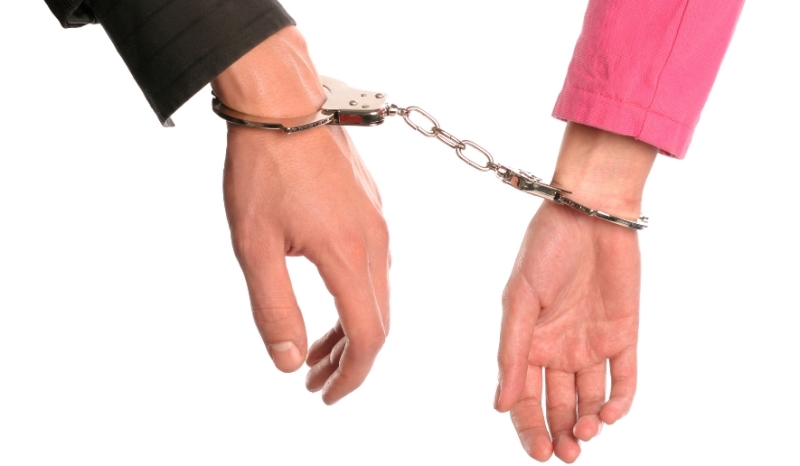 When youre in an interdependent relationship, your partners help and encouragement make it easier for you to go out into the world and tackle problems, try new things, and overcome your fears. It also allows you to be your own separate person, so theres a balance of dependence and independence. In other words, healthy dependency doesnt hold you back, it supports you in being your best self.
When youre in an interdependent relationship, your partners help and encouragement make it easier for you to go out into the world and tackle problems, try new things, and overcome your fears. It also allows you to be your own separate person, so theres a balance of dependence and independence. In other words, healthy dependency doesnt hold you back, it supports you in being your best self.
Interdependent adults have a strong sense of who they are and feel competent to navigate the world and express their needs. They accept help but dont rely on others for their self-esteem. In contrast, a codependents identity is wrapped up in the relationship she doesnt know who she is, what she wants, or how she feels separate from her partner*.
In summary, an interdependent relationship doesnt compromise your identity as a whole and separate individual. It allows you to give and receive help, while also retaining your individuality and autonomy.
Codependency isnt simply an over-reliance on another person. Its an enmeshment, meaning that your identity is intertwined with your partners. In a codependent relationship, your focus is on the other person so much so that your needs, goals, and interests are suppressed and ignored. You may be an independent person in that youre completely capable of earning a living, paying the bills, and taking care of the children (hard work, dependability, and caretaking are common traits among codependents), but you have an unhealthy need to be needed that keeps you dependent on someone else to make you feel worthy and lovable.
Its an enmeshment, meaning that your identity is intertwined with your partners. In a codependent relationship, your focus is on the other person so much so that your needs, goals, and interests are suppressed and ignored. You may be an independent person in that youre completely capable of earning a living, paying the bills, and taking care of the children (hard work, dependability, and caretaking are common traits among codependents), but you have an unhealthy need to be needed that keeps you dependent on someone else to make you feel worthy and lovable.
Codependents build their self-worth on helping, fixing, and rescuing others. And as you can imagine, this creates an imbalance in their relationships. In order for codependent relationships to work, both parties must accept their roles one as the caretaker or giver and one as the infirmed or taker.
As a result of childhood trauma, childhood emotional neglect, and dysfunctional family dynamics, a giver feels fundamentally flawed and unworthy and believes he must earn love.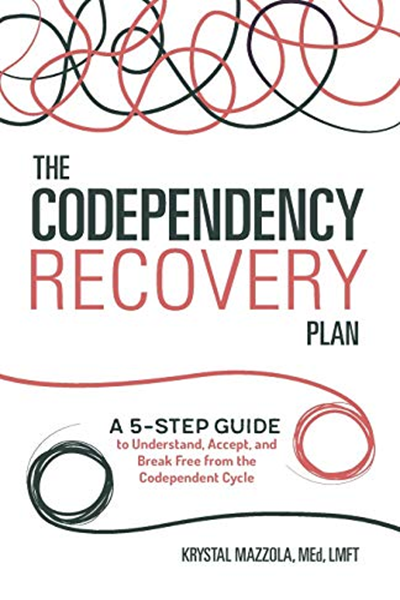 So, you sacrifice your own needs in order to feel accepted and valued. This creates an unhealthy dependency on others for validation of your feelings, interests, beliefs, worth, and even your existence. Its never healthy to depend on others to validate your worth. This need for external validation leaves many codependents trapped in abusive, unfulfilling, and unhappy relationships because they feel purposeless and unlovable without the caregiver role.
So, you sacrifice your own needs in order to feel accepted and valued. This creates an unhealthy dependency on others for validation of your feelings, interests, beliefs, worth, and even your existence. Its never healthy to depend on others to validate your worth. This need for external validation leaves many codependents trapped in abusive, unfulfilling, and unhappy relationships because they feel purposeless and unlovable without the caregiver role.
As I mentioned earlier, interdependent relationships provide mutual support and aid — and the help thats given empowers the other person to grow and learn. But in codependent relationships, only one person is offering help — and the help tends to create more dependency because youre enabling, rescuing, or doing things for your partner rather than helping him do them for himself.
As a codependent caregiver, your need to be needed is so strong that you may unconsciously enable your loved one to remain dysfunctional and dependent because if your loved one gets better (sober, employed, healthy, etc), youll no longer have a purpose and without a purpose, you dont feel worthy of love.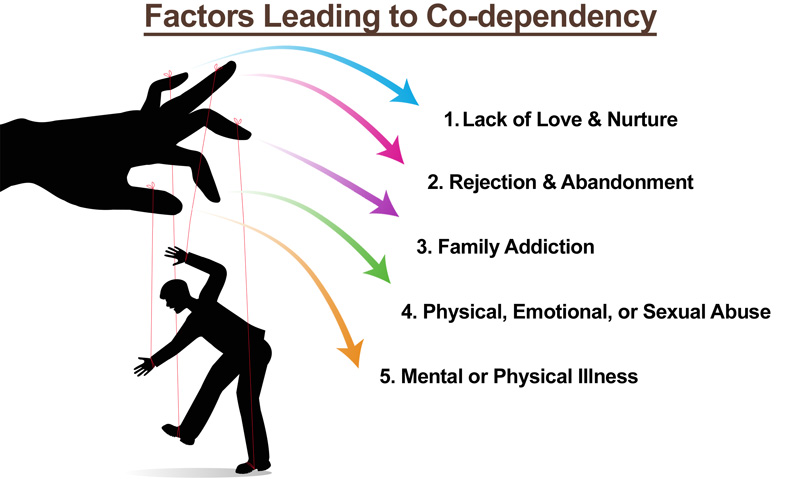 This is a frightening thought and your fear of abandonment can drive you to persistent nagging, giving unwanted advice, and enabling. Enabling is different than the kind of helping that characterizes interdependent relationships, which encourages your loved one to become more self-sufficient and confident.
This is a frightening thought and your fear of abandonment can drive you to persistent nagging, giving unwanted advice, and enabling. Enabling is different than the kind of helping that characterizes interdependent relationships, which encourages your loved one to become more self-sufficient and confident.
Codependency traps people in unhealthy, sometimes abusive, relationships. Unlike interdependency, it doesnt encourage individuals to grow emotionally, professionally, socially, spiritually or otherwise. Codependent relationships focus on maintaining the status quo so the giver can continue to derive self-esteem from helping and the taker can get his physical, emotional, financial or other needs met. Codependent individuals have a hard time functioning independently because theyve consistently relied on someone else to compensate for a core lack of self-worth.
Relationships are important. They add an extra layer of joy and fulfillment to our lives; they bring opportunities for growth and they build us up.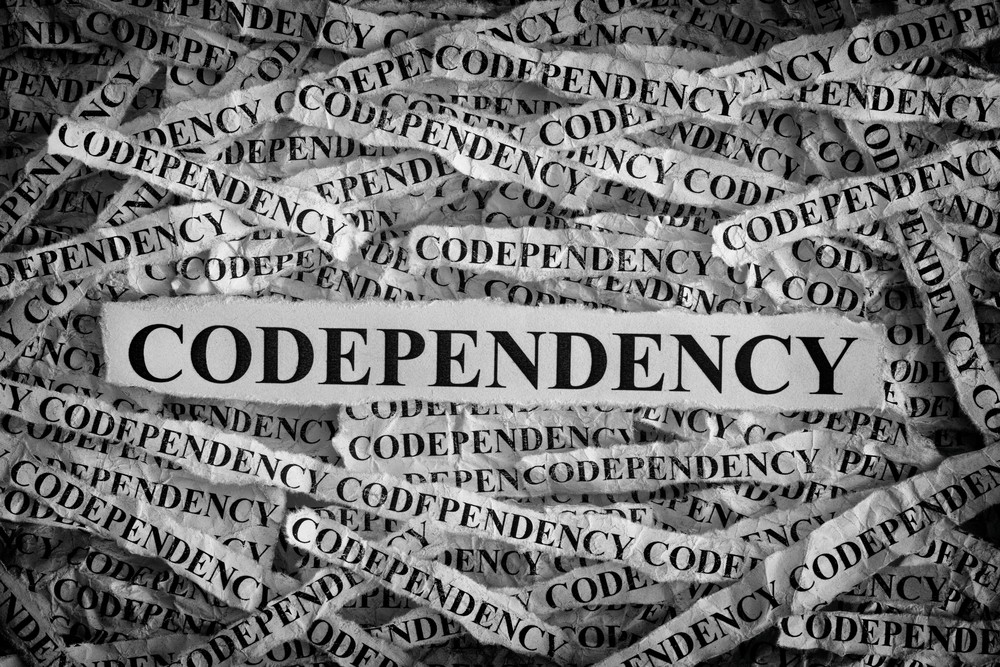 They cant, however, fix whatever core wounds we bring with us to the relationship. Instead, we tend to replay these dysfunctional relationship dynamics until we heal the root of the problem ourselves.
They cant, however, fix whatever core wounds we bring with us to the relationship. Instead, we tend to replay these dysfunctional relationship dynamics until we heal the root of the problem ourselves.
Understanding the difference between interdependency and codependency can be difficult, especially if youve never experienced a healthy interdependent relationship. The table below summarizes the primary differences between interdependency and codependency and I hope you will refer back to it when you need help distinguishing healthy dependency from codependency.
Healthy Dependence | Codependence |
Mutual reliance on each other; a balanced give and take. | One person does most of the giving and receives little support or help in return. |
Help promotes growth, learning, and self-sufficiency. | Enabling is disguised as help and it creates dependency and stunts personal growth. |
A sense of being your own separate, independent person. | Enmeshment or merging of identity and feelings so that neither person functions like a whole, independent person. |
Feel free to be your authentic self. | Lose sight of your own interests, goals, values and instead do and say what your partner wants. |
Fully experience your own feelings. | Tend to absorb other peoples feelings and suppress your own. |
You know you have value even when others are upset with you. | Rely on your partner to make you feel worthy. |
Feel safe and secure in your relationship. | You fear rejection, criticism, and abandonment. |
Ability to disagree or say no without guilt. | Fear of conflict, poor boundaries, and expectation of perfection. |
Honesty and the ability to admit mistakes help promote growth. | Denial and defensiveness keep things stagnant. Sharon Martin, LCSW |
*Your codependent partner can be a spouse, parent, child, family member, or friend.
*****
2018 Sharon Martin, LCSW. All rights reserved. Photo courtesy of Unsplash.com.
what is addiction, counter-dependence and how they interfere with relationships
Psychology
Today, the terms "co-dependence" and "counter-dependence" are quite common. What is it?
It is difficult to determine what is sadder - the end of a relationship or being unhappy. Neither parting nor tolerance guarantee a change for the better. In order to finally achieve personal happiness, one must free oneself from the harmful patterns that have settled in the mind. According to psychologists, the criteria for choosing a partner and interaction in a couple are directly related to the expectations of love that you got used to in childhood.
According to psychologists, the criteria for choosing a partner and interaction in a couple are directly related to the expectations of love that you got used to in childhood.
Every time a relationship ends in a breakup, you hope that the next chance will allow you to avoid the mistakes you made. You will be sincere in what you want and will not betray your true desires. However, because of the psychological trauma experienced at an early age, you are drawn to emotional abusers, narcissists, and morally unstable characters. A good guy, ready to go to any lengths for you, seems boring, predictable, and unsexy. You are attracted to those whose attention must be sought and feelings must be earned, because that is how you were loved when you were a child.
Falling in love with people with whom it is impossible to build a healthy relationship, you step on the same rake over and over again and repeat the same scenarios. Or are you generally afraid to start, because you once experienced a painful separation, which you could not cope with.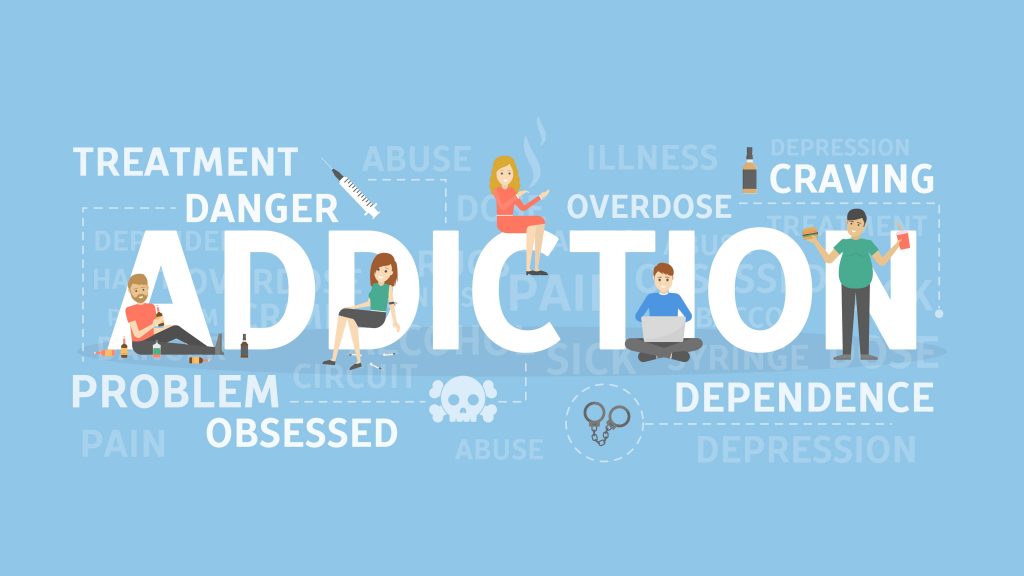
“An unwillingness to enter into a serious relationship manifests a psychological phenomenon called “counterdependence,” a disoriented, anxious-avoidant type of attachment that prevents you from establishing genuine intimacy with a partner,” says Evgenia Smolenskaya, a clinical psychologist at the Mental Health Center.
How is counterdependency different from addiction
Dependency or codependence in a relationship is a violation of attachment, in which you define the object of your love as the center of the universe and selflessly strive to completely dissolve in a partner, sacrificing anything, including your own principles and interests, if only he felt good.
Counterdependence is also a violation of attachment, but in a different way. This psychological distortion encourages you to avoid intimacy, although the person is very dear to you. This style of love can be called "Dog in the Manger" - like the film of the same name based on the play by Lope de Vega with the beautiful Terekhova and the young Boyarsky. She burns with passion and desperately needs his love, but she does not trust him and is afraid of the development of events.
She burns with passion and desperately needs his love, but she does not trust him and is afraid of the development of events.
While co-dependents come across as soft, pliable, and yielding, counter-dependents appear strong, cold, and sometimes even cruel.
Counterdependents tend to blame their partner for their own discomfort. Codependents, on the contrary, are ready to take all the blame on themselves.
Every counter-dependent person has their own "starting point" - a moment of frightening realization that it is time to move the relationship to a new level. For example, getting to know your parents or taking a vacation together pops up on the agenda. Counterdependence is launched at full power and presses the panic button, and as a result, you begin to “visit” your sweetheart, just to avoid a new stage. Tellingly, the partner of a person with counter-dependence begins to look for a problem in himself - is he attractive enough, interesting enough, and in general, what is wrong with him, since he is being avoided.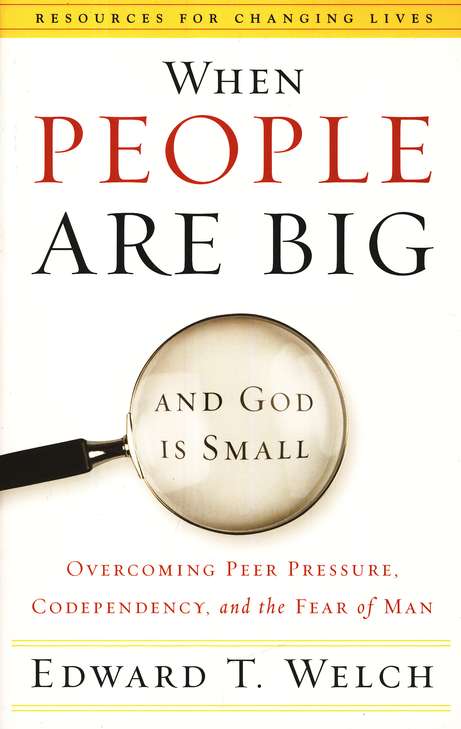
Causes and consequences of counter-dependence
The basic causes of counter-dependence are distrust, fear of betrayal, inability to accept love and denial that you are worthy of true love.
“Despite their withdrawn behavior, the counter-addicted person desperately needs relationships and support. Without them, he feels lonely, like all normal people,” the expert explains. “Traumatic experiences, unlived conflicts, losses and negative projections led him to the conclusion, rooted in the subconscious: “intimacy is dangerous.”
At the same time, the counter-addict does not seek to control the partner, manipulate him/her or enjoy his/her suffering. He himself feels bad in this situation - he wants to build a relationship, but he cannot.
How to overcome counter-dependency
True intimacy is always about risk and vulnerability. If partners get the help they need and work on themselves, they may well restart the relationship in a healthy way.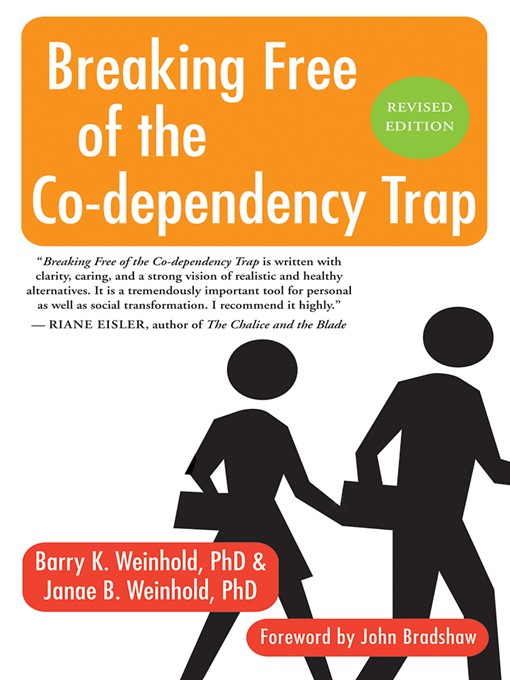 An important point is that positive changes occur only by mutual desire.
An important point is that positive changes occur only by mutual desire.
If counter-dependency is the problem of the one you love, you need to be patient. If he is really dear to you and you want to be together, do not put pressure on him or put him in a rigid framework. Such people need time to get used to, feel safe - and open up. At the same time, it is worth understanding that if you take on the role of a parent, trying to compensate for what was not given to him in childhood, then sooner or later he will want to leave the nest.
“It is not easy to overcome counter-dependence without the help of a professional,” admits the psychologist. - Simply because at a certain stage you will not notice when you turn from a strong woman ready to support your beloved into a protective mother hen. According to the observations of psychologists, if one partner is counter-dependent, the second is likely to be co-dependent. It happens that the roles change: the counter-addict can become co-dependent when he feels his self-centeredness, and the co-dependent can become counter-dependent when he learns to be angry and realizes the extent of his sacrifice.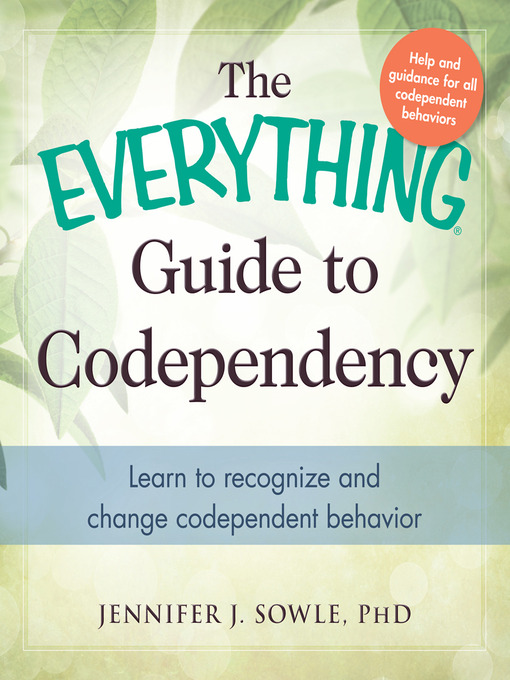
SMIRNOVA NATASHA
Tags
- Relations
- Psychology
, Psychology - Gestalt Club
When we are annoyed,
, in fact, we are,
that internal personal nodes
outside no one will untie us.
Igor Guberman
Codependency is such a multifaceted and all-encompassing problem that that I decided to devote my next article to this topic.
Dependence and codependency
is primarily a disease of feelings and is characterized by impaired ability to feel adequately. For addicts - codependent people have a lot of repressed feelings, “knots” that really no one can untie except themselves. If a want, of course.
C
a separate unit, as an adult independent personality, which under any life circumstances will be able to live independently, to function, to act for the benefit of oneself and others.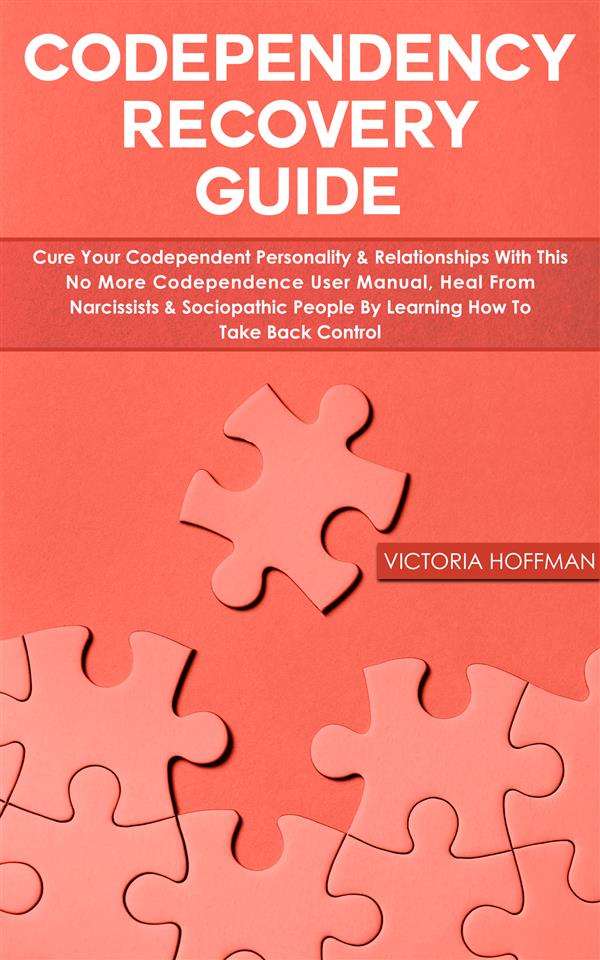
I would like you to answer some questions:
= Are you jealous? Are you offended if your loved one spends the evening not with you?
= You are hurt by the inattention and indifference of others to your problems?
= It hurts you unspeakably to be constantly disappointed in yourself and in others?
= Do you feel that you are not worthy of this or that praise? Or on the contrary - many people do not deserve your attention?
= You feel unreasonable anxiety that your work will not be appreciated or depreciate?
= You constantly need the support of others or their approval?
= You often put off the opportunity to do YOUR favorite business and instead go to uninteresting for you event?
= You generally have a poor idea of your desires and needs?
= Are you embarrassed to ask for any help?
= You can't refuse, can't you say no?
= Do you often feel guilt and shame?
The list of questions is endless.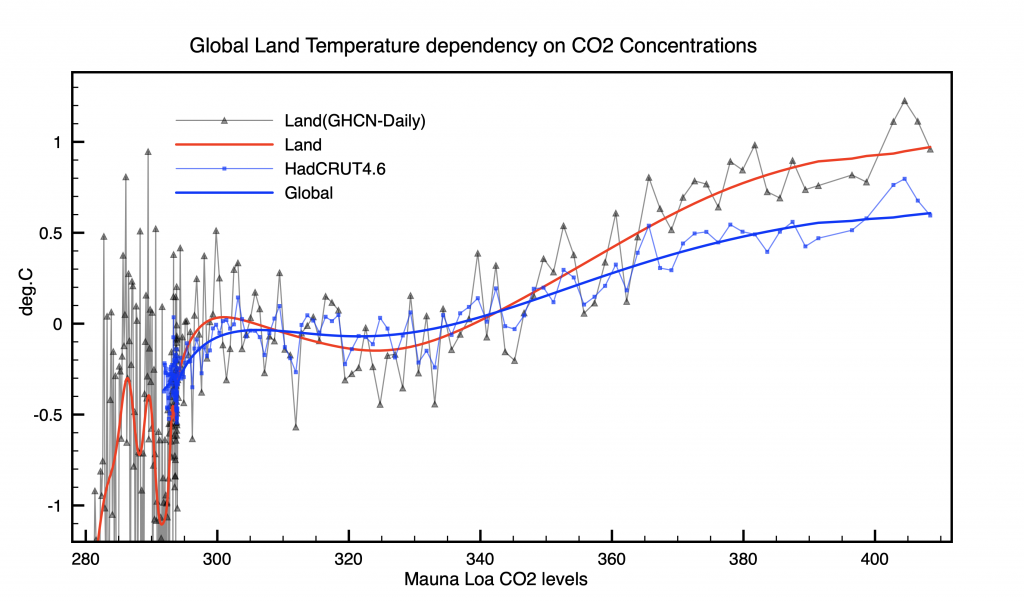
Now look how many times you said: "Yes"?
And these are all questions to identify your codependency.
If you have several "yes" - then you need to think about it and read the article further to find out : AS take a chance to face reality and try deal with codependency .
Definitions of dependency and co-dependency were given in my previous articles. Most of us are in one way or another degree dependent or co-dependent, but it is enough for us to admit this hard. And while the existing relationship does not give us special experiences and problems, we live in our own cozy little world, where everyone so close and familiar. And only when the storm breaks - rolls over anxiety, negative emotions do not let us sleep, we cannot find in soul and a corner of peace - that's when we remember about codependence. So let's get started.
RECOGNITION OF A PROBLEM.
The first and most important factor in deliverance is the recognition knowing that you are in a codependent relationship.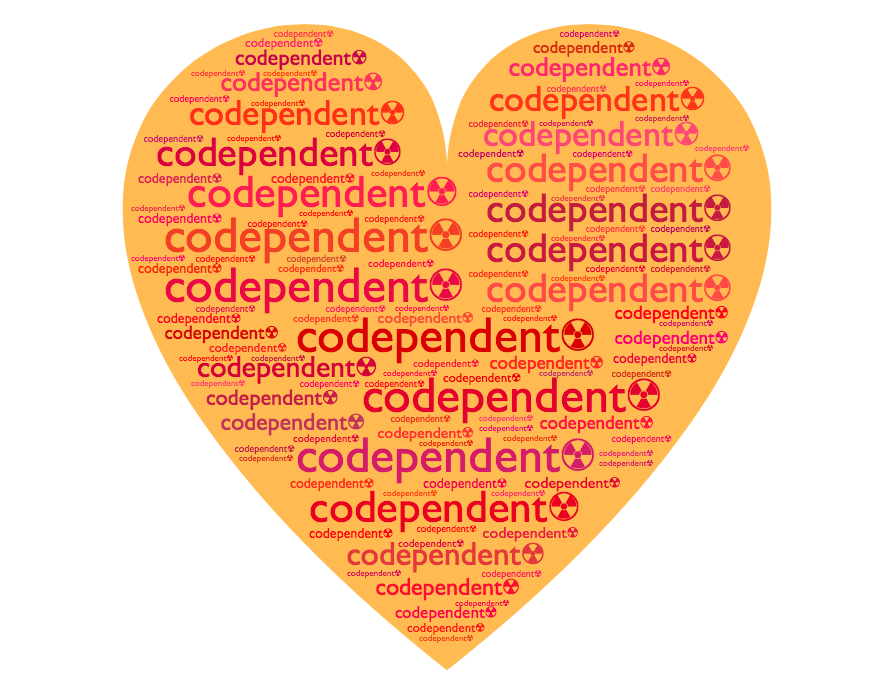 Bye you do not recognize this fact, progress towards change - impossible.
Bye you do not recognize this fact, progress towards change - impossible.
Analyze the “Yes” answers and note for yourself how often and in what situations it manifests itself. How often does the feeling of pity to oneself, resentment towards others, hanging in a "misunderstanding" - (what to do in which way to move?), dependence on the opinions of others, feeling own impotence accompany you in life?
These are all manifestations of codependency.
FORGIVE YOUR PARENTS - YOU CAN FORGIVE YOURSELF MYSELF.
We all come from childhood and, accordingly, our first Problems also grow from childhood. It doesn't matter if you were happy parental family or not so - everyone has (hidden, "squeezed", unspoken or voiced) - claims against parents.
Forgive your parents, try to establish warm emotional relationship with them, even if it is at a distance, is the first step to self-acceptance, self-awareness and forgiveness, imperfect
homo-sapie
ns
.
Just like parents, you need to learn to forgive yourself. If you still have a grudge against your parents in your soul, clarify explain to them. Until you can forgive yourself for what you yourself did something bad for your parents, then it’s as if you didn’t forgiven. You always have the opportunity to ask for forgiveness from person to whom you are guilty, regardless of time and size offended bubble. Forgive. Forget and let go.
LEARN TO RECOGNIZE AND MANIFEST YOUR THE SENSES.
There is such a term "Alexithymia". It is the inability and inability to express their feelings. Sometimes it depends on upbringing from the culture, from the environment in which the person grew up. For example: "Boys don’t cry” or “Don’t make noise, don’t jump, don’t run” - as if they didn’t the child is in front of us, as if one cannot express one's feelings with tears, sounds, screams. We were brought up in this spirit. We are from childhood learned not to show their feelings, froze them, and as a result, even we have forgotten how to understand ourselves and what is happening to us.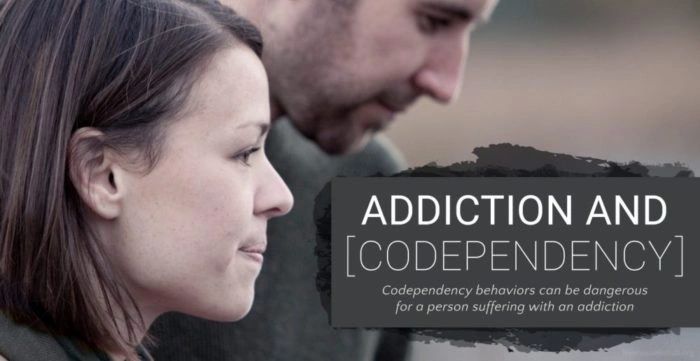 And without entering contact with your feelings, and without recognizing your true "I" is unlikely Can we deal with codependency? Learn to show your true feelings, feel free to show what is hidden under mask.
And without entering contact with your feelings, and without recognizing your true "I" is unlikely Can we deal with codependency? Learn to show your true feelings, feel free to show what is hidden under mask.
What are our feelings? - This is the most important part of ourselves.
Do not feel, freeze, suppress feelings - this is direct path to self-destruction. Refusing to express your feelings is is tantamount to giving up. We were taught to show anger anger, jealousy, greed, resentment - this is bad, so we do not show them. These are negative feelings, but they are also from the fact that we blocking their exit to the outside does not mean at all that we do not experiencing. It hurts both ourselves and those around us. Sometimes suppressed and "good feelings", and with them the need for love, care, tenderness. With the constant suppression of their own and negative and positive feelings, we lose the ability to perceive goodness and build mutual warm relations.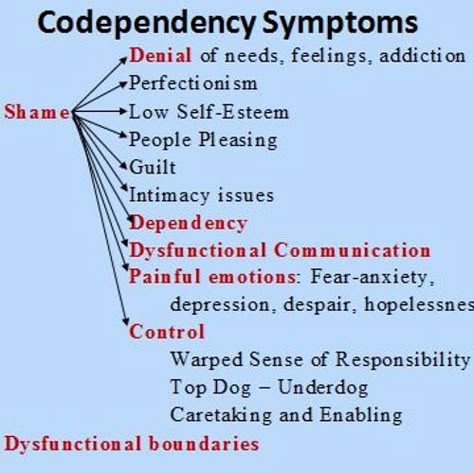 Depressed feeling leaves the field our consciousness, but does not cease to be. repressed feelings accumulate and turn into despondency and disbelief in oneself. They are begin to imperceptibly for us to negatively affect our relations with people. The more we suppress them, the more unexpected and violent will be their manifestation.
Depressed feeling leaves the field our consciousness, but does not cease to be. repressed feelings accumulate and turn into despondency and disbelief in oneself. They are begin to imperceptibly for us to negatively affect our relations with people. The more we suppress them, the more unexpected and violent will be their manifestation.
SELF-ASSESSMENT IS THE MAIN COMPONENT OF LOVE FOR YOURSELF.
Low self-esteem is a fundamental characteristic codependents. Due to low self-esteem, codependents may criticize, but God forbid someone criticize them! They are categorically cannot tolerate criticism in their address and their reaction in response - indignation, anger, self-confidence. Precisely on self-assessment is based on all other signs codependency.
Personal self-esteem affects relationships with others. With everyone - relatives, friends, colleagues and just acquaintances. Codependents don't think of themselves as human beings of special value.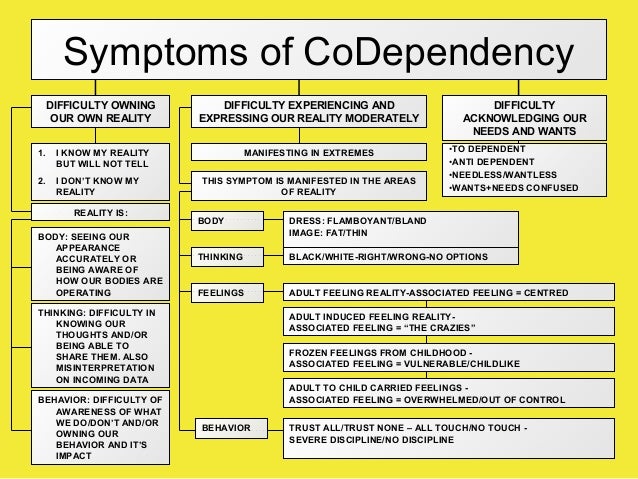 They don't admit they're unique though because there is simply no other like it in the world. Self-esteem is a deep feeling felt by the whole body self-worth, self-worth. Positive self-esteem is a complete and unconditional acceptance of oneself, while it is necessary, as we have already said, to fully accept one's feelings and qualities, both positive and negative. Healthy Self-Esteem Formula - not intricate: "I'm no worse than others, but I'm no better others. I love and respect myself” .
They don't admit they're unique though because there is simply no other like it in the world. Self-esteem is a deep feeling felt by the whole body self-worth, self-worth. Positive self-esteem is a complete and unconditional acceptance of oneself, while it is necessary, as we have already said, to fully accept one's feelings and qualities, both positive and negative. Healthy Self-Esteem Formula - not intricate: "I'm no worse than others, but I'm no better others. I love and respect myself” .
Complete acceptance of yourself with all your pluses and minuses is Another step towards overcoming codependency.
COURSE TO EXTERNAL REFERENCES OR “WHO WHAT ABOUT ME THINK."
Codependents are completely dependent on the opinions of others. From external evaluations, from their relationships with other people. Every step, every codependent action occurs with an eye on others. Suddenly, what I say or do is wrong, or not good enough, or make a mistake, or . .. And this happens from the fact that codependents in deep down in their souls they don't think they're good enough people, they cannot take a compliment or praise properly so they don't deserve it. They don't believe they can be loved someone just like that. They must earn this love, "suffer and work it out. They always owe and owe to someone and for something. And even their good deeds and deeds are not motivated desire to help a person, but supported by thoughts about their own indispensability.
.. And this happens from the fact that codependents in deep down in their souls they don't think they're good enough people, they cannot take a compliment or praise properly so they don't deserve it. They don't believe they can be loved someone just like that. They must earn this love, "suffer and work it out. They always owe and owe to someone and for something. And even their good deeds and deeds are not motivated desire to help a person, but supported by thoughts about their own indispensability.
ON GUARD OF THE PERSONAL BORDER. I'm on my own BORDER GUARD.
A very important and essential feature of the manifestation of codependence is the absence of their own psychological boundaries. And How a consequence - an invasion of someone else's territory and as a result - resentment, disappointments, problems in building relationships both with loved ones and in family, and with friends.
We need boundaries to separate ourselves from others. Personal boundaries are just as important as state boundaries.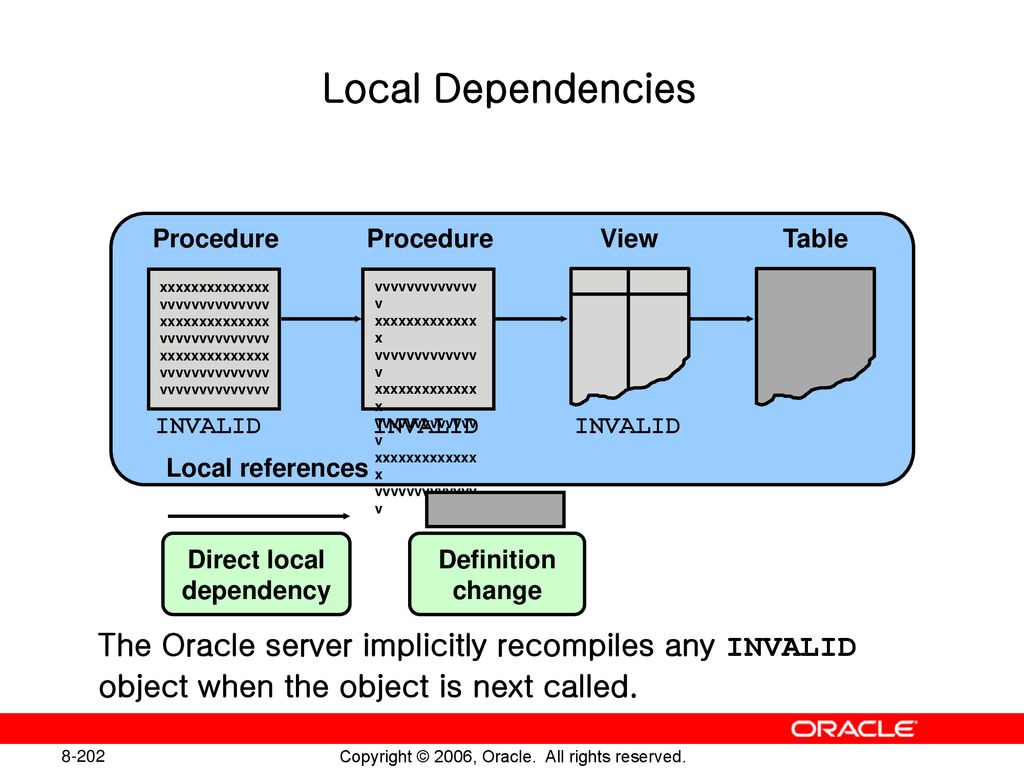
Each person has his own psychological property - thoughts, feelings, own point of view on the world, own choice, goals, spiritual goals and dreams. And so that no one gets into this personal territory, so that a person can maintain his integrity, it is necessary the border. What might this feature look like? Just. in denial and the ability to say "no" clearly.
How firmly and uncompromisingly can you set borders - so you will feel comfortable. Uncompromising does not mean tough. The psychological boundaries a person should be flexible, but not tangled. Must be clear understanding how far you can go in a relationship that I I can allow to do, and what I refuse; that I will allow myself and you, and what is not. Without words, we make it clear to others that such behavior is permissible or not in relation to us.
Who should watch and be always on guard of their borders? Naturally the man himself. He must take care of both integrity and the health of these boundaries, constantly update and adjust them in changing living conditions.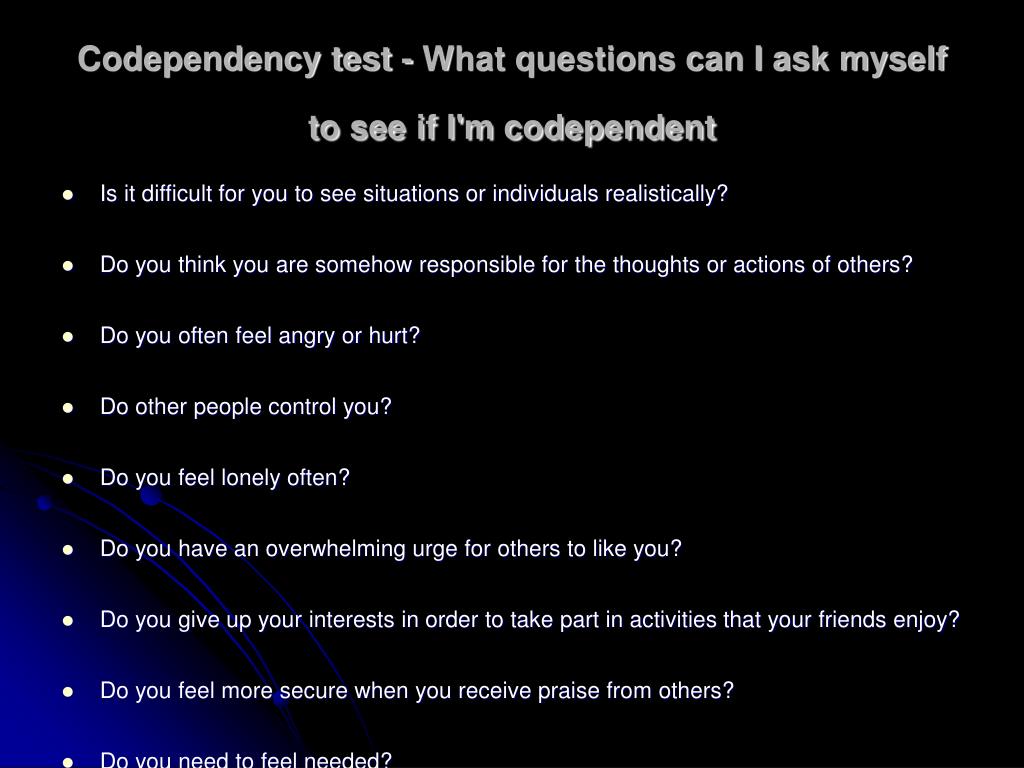
If you don't have a relationship that is important to you - redefine your boundaries.
Awareness and creation of personal boundaries is one of the most important stages in healing from addiction and codependency, because they require restructuring the entire relationship system.
To build goodwill with another person relationships, relationships of love, you first need to learn how to be independent.
I BELIEVE IN MYSELF AND MY FORCE.
If you were able to admit that you are co-addicted; If you forgave themselves and their parents; if you have already learned to recognize and not be afraid to show your feelings; if you know the value of yourself and others (at the same time, they perfectly learned to be flexible and not pretend to someone else's space) - this means - YOU HAVE EVERYTHING IT TURNS OUT!
This means - it's time to open and trust yourself, it means it's time to open and get the pearl of your priceless "I".